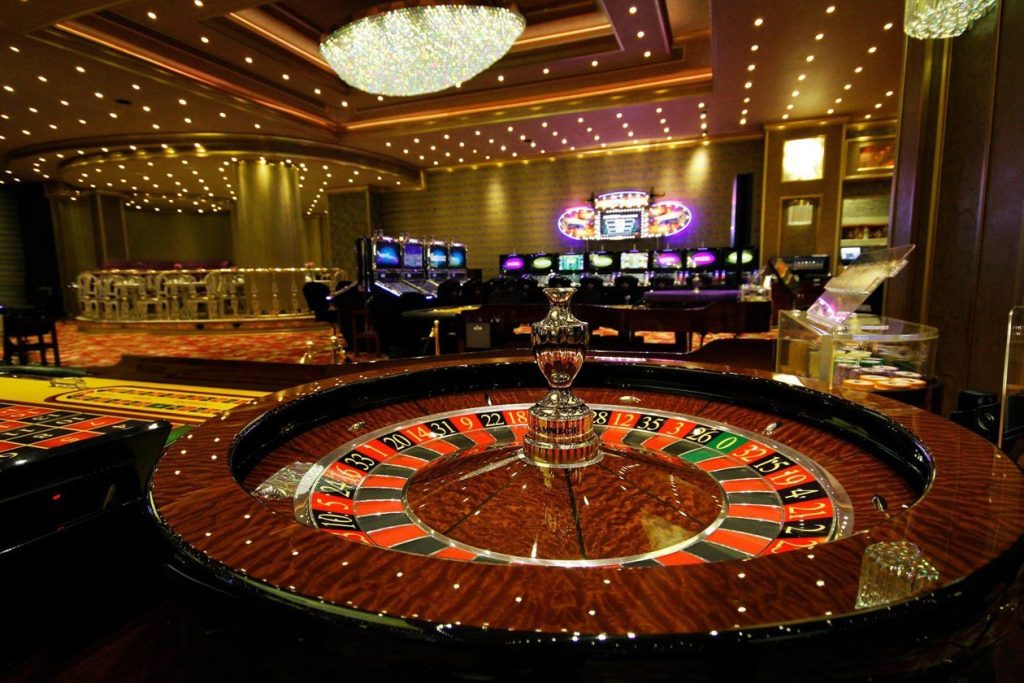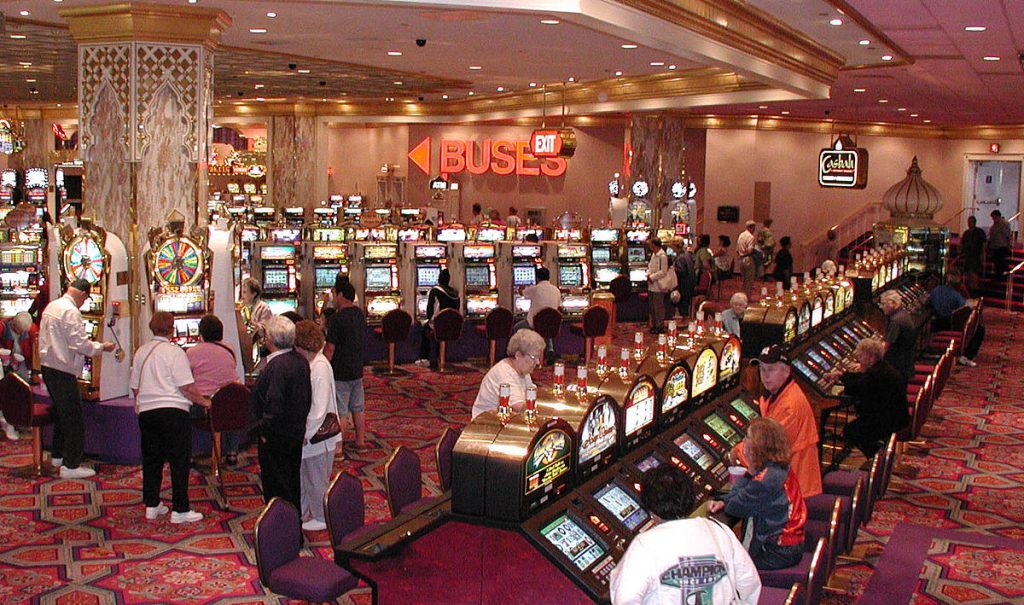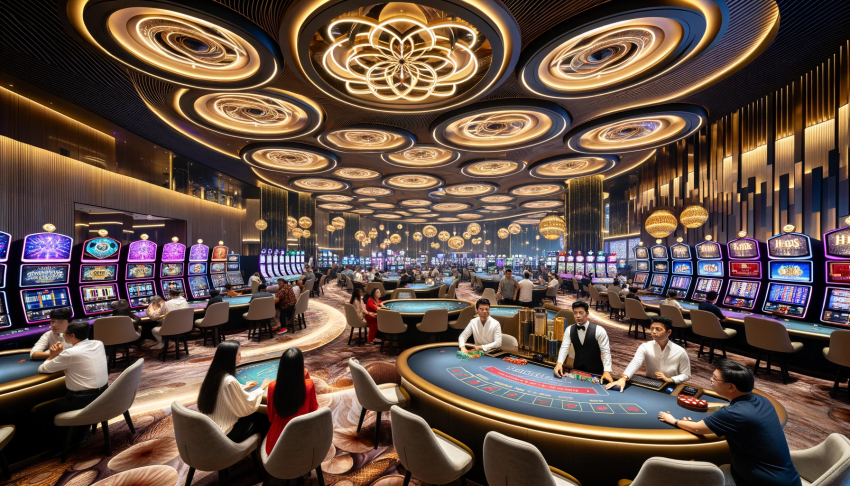In Brazil, as in many parts of the world, indigenous communities play a vital role in the cultural and social fabric of the nation. However, the introduction of casinos into indigenous territories raises complex questions about the impact on traditional lifestyles, cultural heritage, and socio-economic well-being. In this article, we will explore the multifaceted relationship between casinos and indigenous communities in Brazil, examining both the potential benefits and challenges associated with their presence.
Cultural Heritage and Identity
For indigenous communities, culture and tradition are central to their identity and way of life. Traditional practices, languages, and beliefs are passed down through generations, shaping their collective identity and sense of belonging. The introduction of casinos into indigenous territories raises concerns about the erosion of cultural heritage, as external influences and commercialization may disrupt traditional lifestyles and values. Moreover, the commodification of indigenous culture for the purposes of entertainment and tourism can undermine the authenticity and integrity of their cultural heritage.
Socio-economic Impacts

While proponents argue that casinos can bring economic benefits to indigenous communities, critics warn of the potential for exploitation and dependency. The promise of jobs, investment, and revenue generation may lure communities into partnerships with casino operators, only to find themselves marginalized and economically disadvantaged in the long run. Moreover, the influx of tourists and the commercialization of indigenous lands can disrupt traditional livelihoods, exacerbate social inequalities, and undermine community cohesion.
Land Rights and Sovereignty
The issue of land rights and sovereignty is central to the debate over casinos in indigenous territories. Indigenous communities have historically faced threats to their lands and resources from external interests, including government policies, extractive industries, and land grabs. The introduction of casinos (https://kingslotsbr.com/)adds another layer of complexity to these dynamics, as it raises questions about who controls and benefits from indigenous lands. Moreover, the legal and regulatory frameworks governing casino operations in indigenous territories may not adequately protect indigenous rights or ensure meaningful consultation and consent.
Health and Well-being
The impact of casinos on the health and well-being of indigenous communities is another area of concern. Problem gambling, addiction, and related mental health issues can take a significant toll on individuals, families, and communities, exacerbating existing social problems such as poverty, substance abuse, and domestic violence. Moreover, the socio-economic disparities and lack of access to healthcare services in many indigenous communities can magnify the impact of gambling-related harm, further marginalizing vulnerable populations.
Empowerment and Self-determination

Despite the challenges posed by casinos, some indigenous communities see them as an opportunity for empowerment and self-determination. By asserting control over their lands and resources, indigenous communities can negotiate partnerships with casino operators on their own terms, ensuring that economic benefits are shared equitably and aligned with community priorities. Moreover, casinos can provide opportunities for indigenous entrepreneurship, cultural revitalization, and community development, empowering communities to shape their own futures.
Balancing Priorities
In conclusion, the impact of casinos on indigenous communities in Brazil is complex and multifaceted, touching on issues of culture, sovereignty, economics, and health. While casinos have the potential to bring economic opportunities, they also pose risks to traditional lifestyles, cultural heritage, and socio-economic well-being. Balancing these competing priorities requires meaningful engagement, consultation, and collaboration between indigenous communities, government authorities, and other stakeholders. By respecting indigenous rights, promoting cultural preservation, and prioritizing community well-being, Brazil can navigate the complexities of the casino debate while upholding the rights and dignity of its indigenous peoples.


